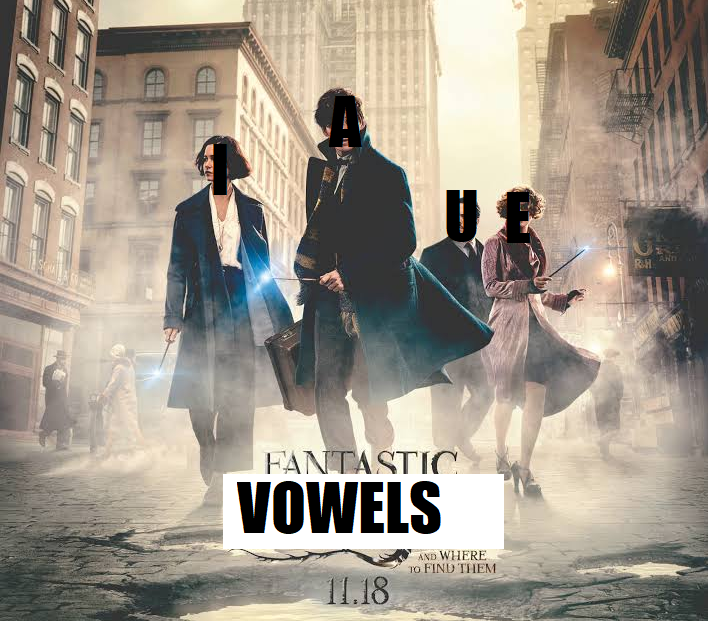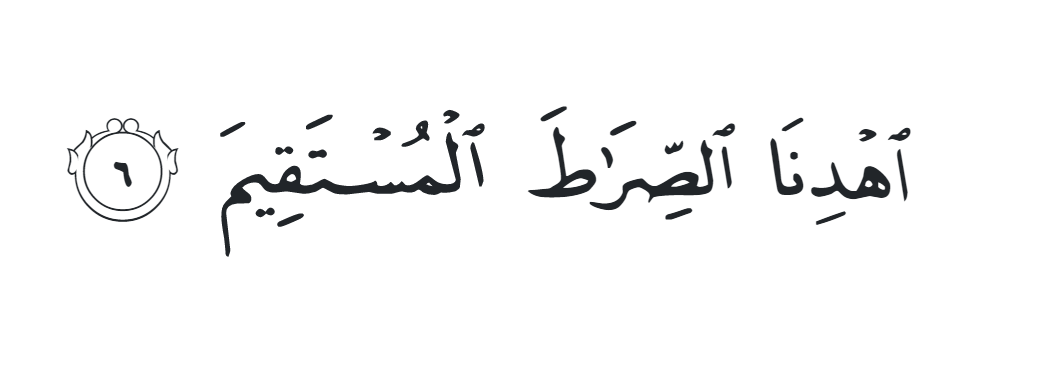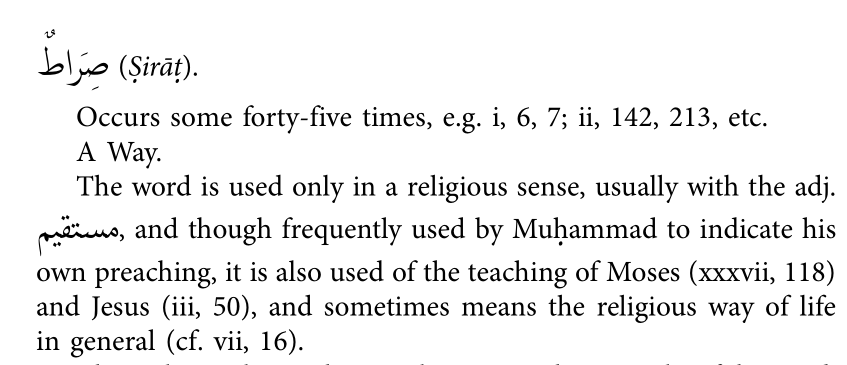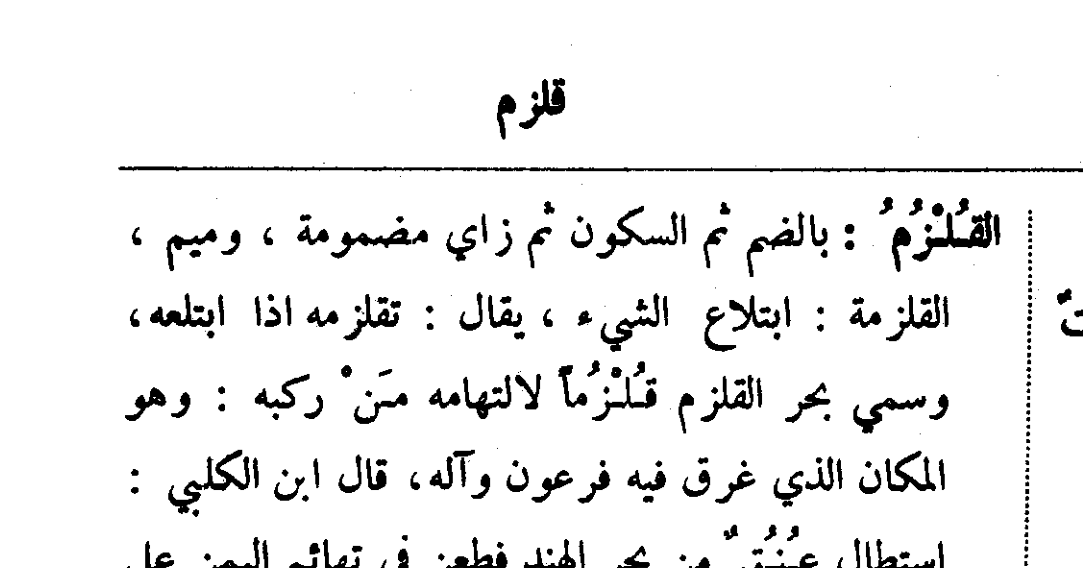Okay kids, for New Year's, let's talk about vowels and where to put them. Especially with regards to Arabic.
Recently, I responded to a tweet about the origin of the Arabic word kanīsa, meaning "church". The tweet's author was surprised to learn that kanīsa is not from Greek ekklēsia, but is related to Hebrew knesset. Both words go back to a root, meaning something like "gathering".
I also pointed out that we do have a survival of Greek ekklēsia in Greek: namely through Sabaic <qls>, which can still be seen in the name of the Church in Sanaa: al-qalīs.
There's something interesting going on here, though. I'll explain. Let's talk about consonant clusters:
There's something interesting going on here, though. I'll explain. Let's talk about consonant clusters:
(Classical) Arabic is one of those languages that do not allow for words to start with a consonant cluster. This is not very uncommon: languages like Spanish, Persian, but also Estonian and Finnish do not like it when words start with two or more consonants.
How languages deal with simplifying these consonant clusters varies: Estonian (used to) simply drop the first consonant, hence kool < German. skole, "school"; nöör < Low German snōr, "rope", etc.
On the other hand, Hungarian and Arabic add a prothetic vowel: they add a vowel to the beginning of the word. For example:
Hungarian: iskola < Latin schola
Arabic: ʾiqlīm < Greek klīma
You with me so far? Good.
Hungarian: iskola < Latin schola
Arabic: ʾiqlīm < Greek klīma
You with me so far? Good.
In Arabic, we know this must be a pretty old phenomenon because of the way we form imperatives: we have things like uktub, "write! (< *ktub) and iǧlis, "sit!" (<*ǧlis).
This gives the impression that Arabic always solves consonant clusters by adding a vowel at the beginning.
This gives the impression that Arabic always solves consonant clusters by adding a vowel at the beginning.
Things become interesting when we look at some early loans in Arabic. Remember the earlier Sabaic <qls>, which gives qalīs. Seeing the Greek original, you might expect something like iklīs.
Now I know, it came from Sabaic, so it might just be that. But it's not the only one.
Now I know, it came from Sabaic, so it might just be that. But it's not the only one.
The Qur'ānic term ṣirāṭ is a famous Latin (through Greek, then Syriac maybe) borrowing: strata. Knowing Arabic, you might expect something like ʾiṣtirāṭ, but that's not the case.
And this is not the only example.
And this is not the only example.
There's an old port town on the Red Sea, which in Greek is called Clysma. It became an important harbor in the Islamic period, but its name in Arabic is Qulzum. In fact, the whole Red Sea was named after it: baḥr al-qulzum.
I'm thinking that careful investigation of more terms might yield more interesting results. At the least, it seems to me that pre-Classical Arabic used to have more than one way of solving initial consonant clusters.
The end?
The end?

 Read on Twitter
Read on Twitter





